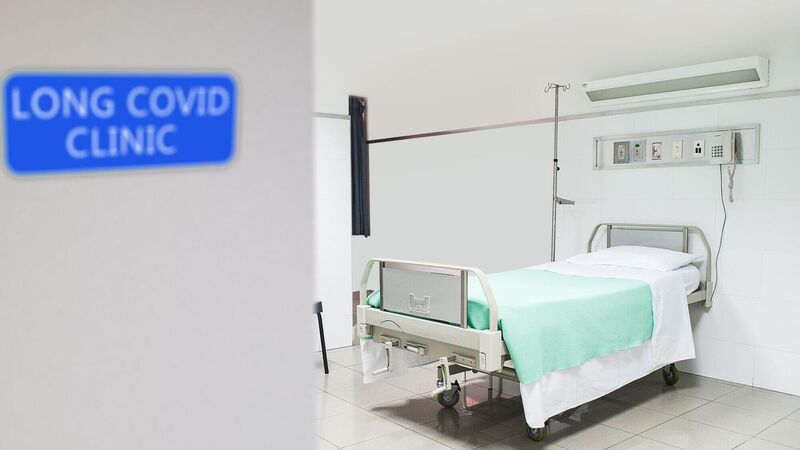Councillor slams ending leave pay for long covid ‘frontline heroes’

A CORK councillor who also works with long covid patients in his role as a clinical psychologist has slammed plans to end state funding for those affected by the illness.
A CORK councillor who also works with long covid patients in his role as a clinical psychologist has slammed plans to end state funding for those affected by the illness.
East Cork Independent Councillor Liam Quaide was speaking at a meeting of councillors in County Hall where he described the Government’s decision to end covid leave pay from October 31 of this month as a “major injustice”.
He said that many healthcare workers who contracted the virus in medical settings later developed severe and debilitating long term side effects from the disease.
With this in mind, he requested that Cork County Council write to HSE CEO Bernard Gloster and a request a meeting with a delegation of affected healthcare workers. It is hoped that the letter will compel Mr Gloster to treat the illness as a workplace injury with chronic health consequences.
Cllr Quaide is also calling for a fair resolution to current pay negotiations which he explained have been further compounded by loss of careers and financial security.
Cllr Quaide’s motion was supported by fellow councillors in the chambers.
“In most EU countries there is a recognition that these healthcare workers suffered an occupational injury, and a financial arrangement has been put in place for them”, said Cllr Quaide.
“In Ireland, a special covid leave with pay arrangement has been extended to October 31 after which these workers will have to avail of standard sick leave.
“In the absence of a fair resolution from ongoing unions talks, many healthcare workers who are not anywhere near retirement age may have to retire on medical grounds and will not be able to pay their mortgages and meet their other cost of living expenses such as college fees for children.
“The additional stress of building up to this cliff edge moment on October 31 after prolonged ill-health and in the context of ongoing disability is weighing very heavily on these frontline workers.”
He stressed that many long covid patients are not in a position to fight the system.
“We as a Council have previously written to the Departments of Health, Social Protection and Public Expenditure to advocate on behalf of these workers. It’s concerning that there is no public campaign on the issue as we near the end of October, and that is mainly because the affected workers do not have the energy for such a grinding, stressful pursuit of their rights. They would also, in going public, run the risk of adverse career consequences within the system.”
Cllr Quaide said that healthcare workers have paid an enormous price for their sacrifices.
“There is no clear medical route out of this condition for many who are suffering entrenched symptoms. They may be afflicted with debilitating fatigue after activities as basic as doing a grocery shop, or even require rest after tasks such as showering. Many are struggling with physical pains, migraines, vertigo and cognitive difficulties, and their quality-of-life is greatly diminished as a result. Their prospects of returning to work, even part-time, may be remote or uncertain. Many of these healthcare workers have paid an enormous price for their sacrifices and are now reckoning with the potential loss of their careers and financial security.”
He is urging the HSE’s CEO to do the right thing: “I’d hope we could write as a Council to HSE CEO Bernard Gloster and ask that he consider his duty of care as the overall manager of these workers who have been abysmally let down by the organisation after being characterised as ‘frontline heroes’ at earlier stages of the pandemic. Mr Gloster has been very good to meet people impacted by health system injustices, and this is a very substantial cohort of his staff whose lives have been changed utterly. It will be a further indignity and injustice if these frontline workers have to pursue their right to financial security through an adversarial legal system on an individual basis and for some they will be statute-barred from doing so.”









 App?
App?


